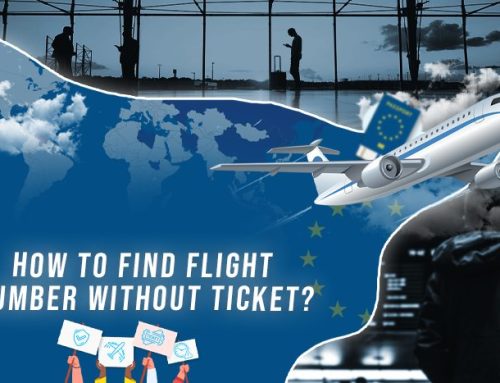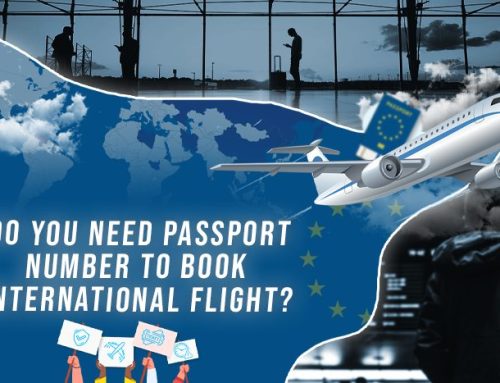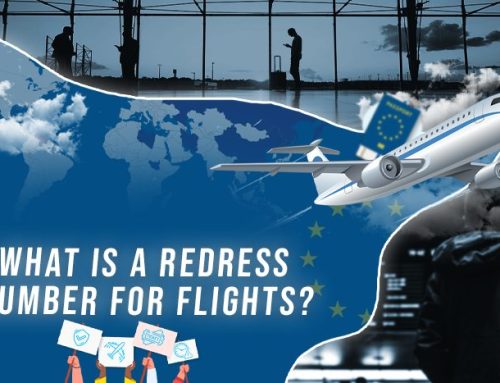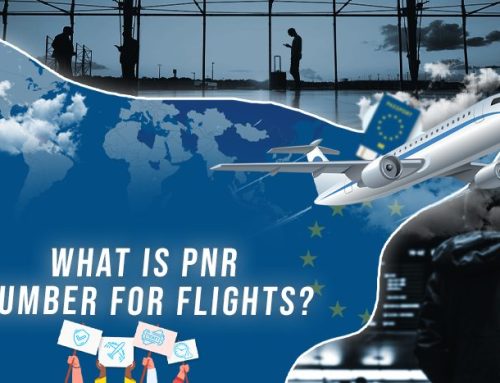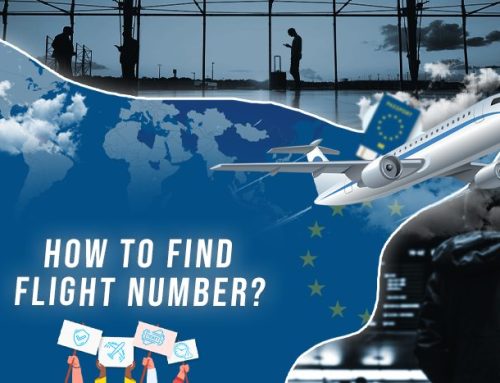September 11, 2001, completely changed air travel, heightening security protocols throughout the world in ways that are still in place more than 20 years later. These terrorist attacks caused nearly 3,000 deaths and continue to impact the lives of survivors to this day. Many who survived developed other health conditions as a result, which claimed their lives.
Four commercial planes with hundreds of travelers were hijacked that day by 19 Al Qaeda terrorists. Two planes were flown into the Twin Towers of the World Trade Center in New York City, which had been a business hub for many international transactions. One plane was flown into the Pentagon in Washington, D.C., which is where the U.S. Department of Defense is located. The last plane never hit its intended target, as it crashed into a field in Shanksville, Pennsylvania, after passengers overpowered the terrorists inside.
This was the deadliest terrorist attack on American soil in U.S. history and offset a ripple effect that would be felt for decades to come. The four planes forever changed travel throughout the world in various ways.
Key Takeaways
- Four commercial planes were hijacked on 9/11 by 19 Al Qaeda terrorists, leading to nearly 3,000 deaths and forever changing air travel and global security protocols.
- The terrorist attacks highlighted weaknesses in American flight security, leading to the grounding of all planes and the implementation of federal standards to protect the safety and security of all traveling passengers.
- Airport security measures have significantly increased since 9/11, including the use of scanners, luggage checks, and additional searches for suspicious items or behavior. Frequent travelers can enroll in programs like TSA pre-check or Global Entry to speed up the security process, but must undergo an extensive background check to qualify.
- The impact of 9/11 on global security is still being felt today, with ongoing initiatives and wars to combat terrorism both domestically and abroad. The attacks served as a wake-up call to the importance of vigilance and preparedness in the face of potential threats.
Where Did the Planes Take Off From?
The four planes that would eventually attack the United States took off from three different East Coast Airports, including Logan International Airport in Boston, Dulles International Airport in Washington, D.C., and Neward International Airport in New Jersey. All of the planes were bound for California before they were hijacked.
Because they were from various airports, this demonstrated the overall issues in the American flight security. One of the terrorists was even selected for additional security measures, but he was able to continue on with his journey and with his planes. All that happened was that his checked luggage did not make it on the plane with him. Obviously, that did not hinder his plans.
Federal officials quickly realized that something needed to change to prevent a devasting attack like this from happening on American soil again. Planes were grounded for two days, and afterward, changes were already starting to take place to protect the safety and security of all traveling passengers.
Lasting Impacts Of The 9/11 Terrorist Attacks
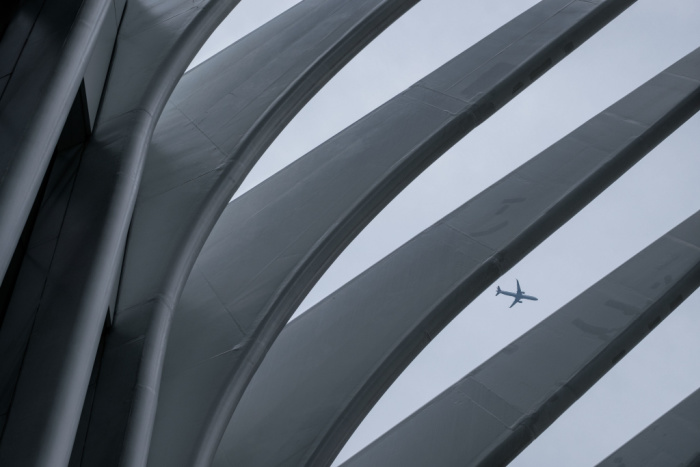
These terrorist attacks defined George W. Bush’s presidency, leading to countless initiatives and wars to combat terrorism both domestically and abroad – many of which are still in place today. Osama bin Laden masterminded these attacks as a result of America’s military presence in the Middle East, its support of Israel, and its involvement in the Persian Gulf War. While he was eventually killed for his crimes, the war between America and Afghanistan still lingers.
Prior to 9/11, security at airports was lax. Most of the terrorists were able to walk through security checkpoints with their weapons in tow without getting stopped or delayed. Afterward, airport security measures were tightened, and federal standards were put in place, but it was too late to save the nearly 3,000 people who lost their lives.
Now, it’s common practice to walk through scanners, get your luggage scanned, and more. If something triggers security, you’ll be flagged for an additional search. You can only carry 3.4 ounces of liquids on a plane to prevent passengers from being able to manufacture explosive devices while on board. You take your shoes off, empty pockets, remove electronic devices, and more, all to make sure you’re not carrying anything suspicious.
Many years later, frequent travelers can enroll in programs like TSA pre-check or Global Entry to speed up the security process and pass through lines quicker; however, you must undergo an extensive background check to qualify.
At the end of the day, the four planes that were hijacked forever changed airline travel throughout the world and made passengers feel a little less safe.
Frequently Asked Questions
-
How many planes were hijacked on 9/11?
Four planes were hijacked on 9/11 by 19 Al Qaeda terrorists.
-
What happened to the planes that were hijacked on 9/11?
Two planes were flown into the Twin Towers of the World Trade Center in New York City, one aircraft was flown into the Pentagon in Washington, D.C., and the last plane crashed into a field in Shanksville, Pennsylvania, after passengers overpowered the terrorists.
-
Where did the planes take off from?
The four planes hijacked on 9/11 took off from three East Coast airports: Logan International Airport in Boston, Dulles International Airport in Washington, D.C., and Newark International Airport in New Jersey.
-
Why did the 9/11 attacks happen?
Osama bin Laden and Al Qaeda carried out the 9/11 attacks due to America’s military presence in the Middle East, its support of Israel, and its involvement in the Persian Gulf War.
-
What were the lasting impacts of the 9/11 attacks?
The 9/11 attacks forever changed air travel and global security measures. Airport security measures were significantly increased, including scanners, luggage checks, and additional searches for suspicious items or behavior. The attacks also led to ongoing initiatives and wars to combat terrorism domestically and abroad.



